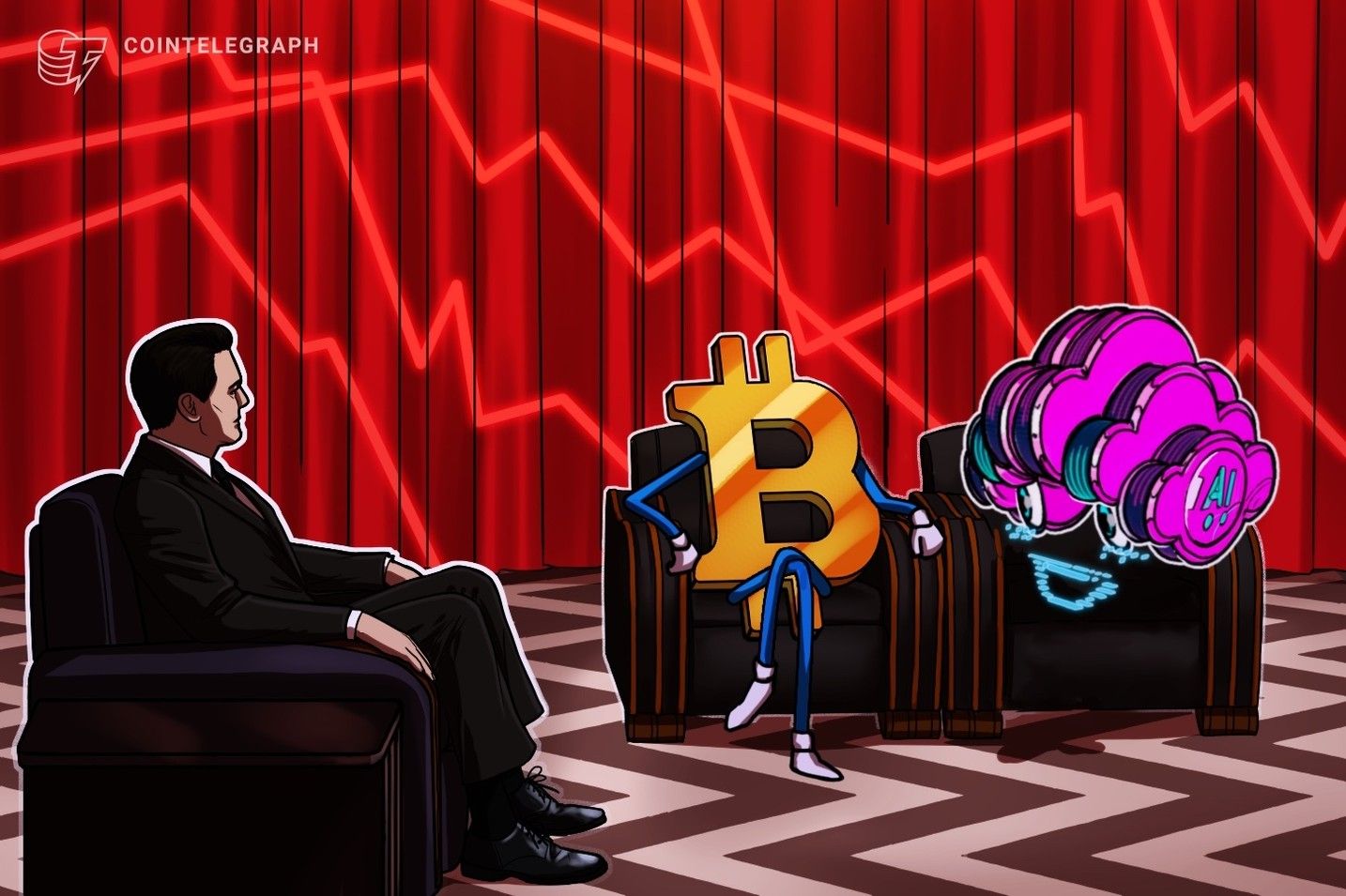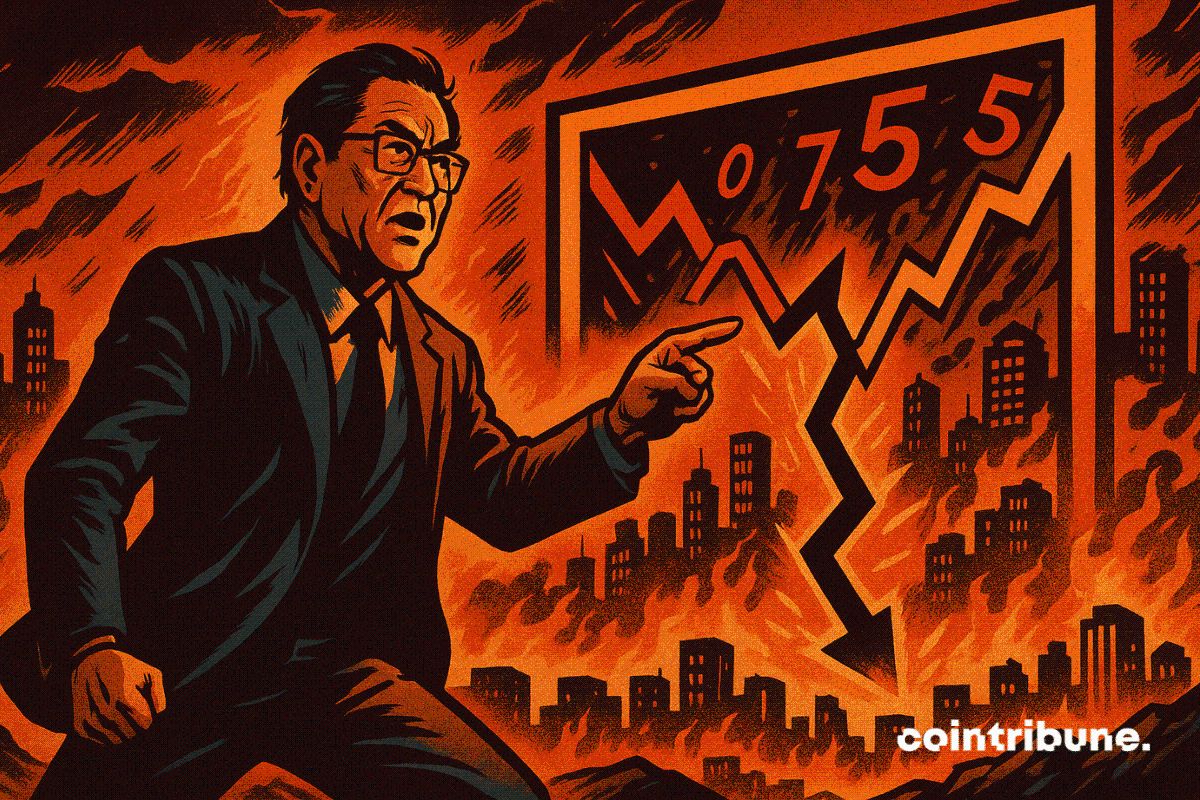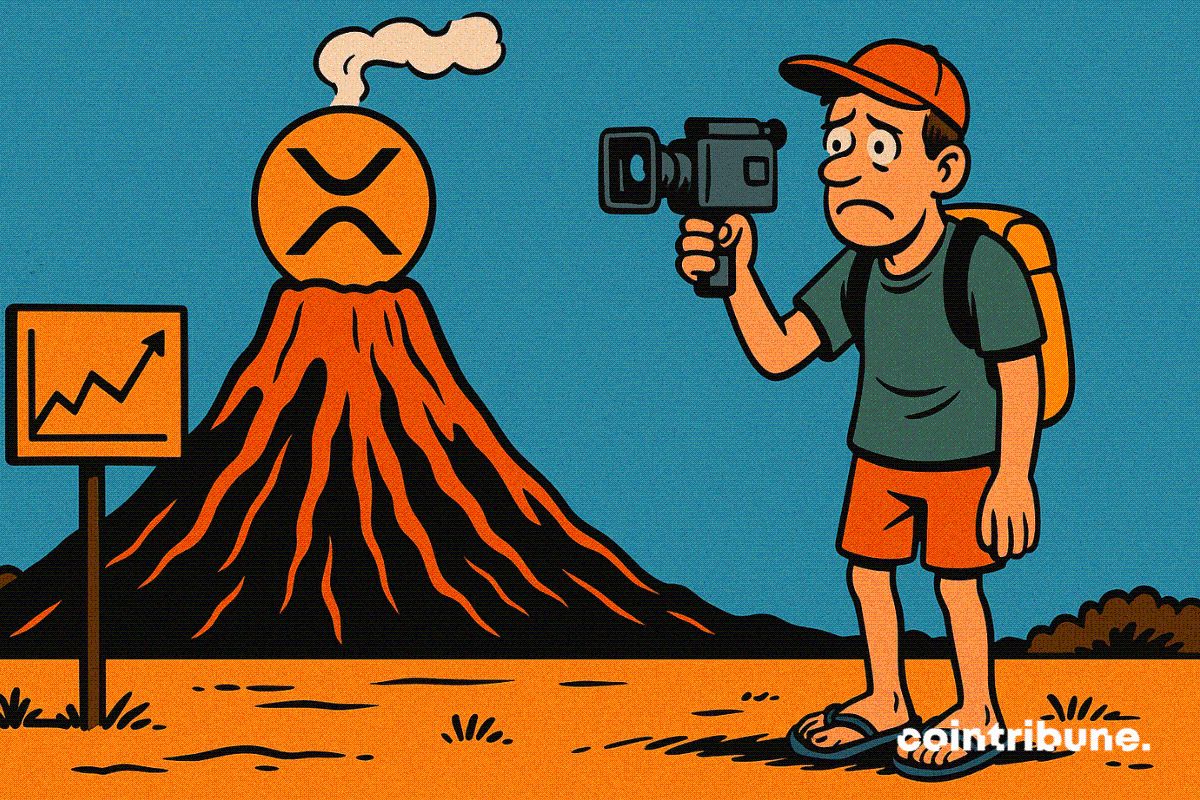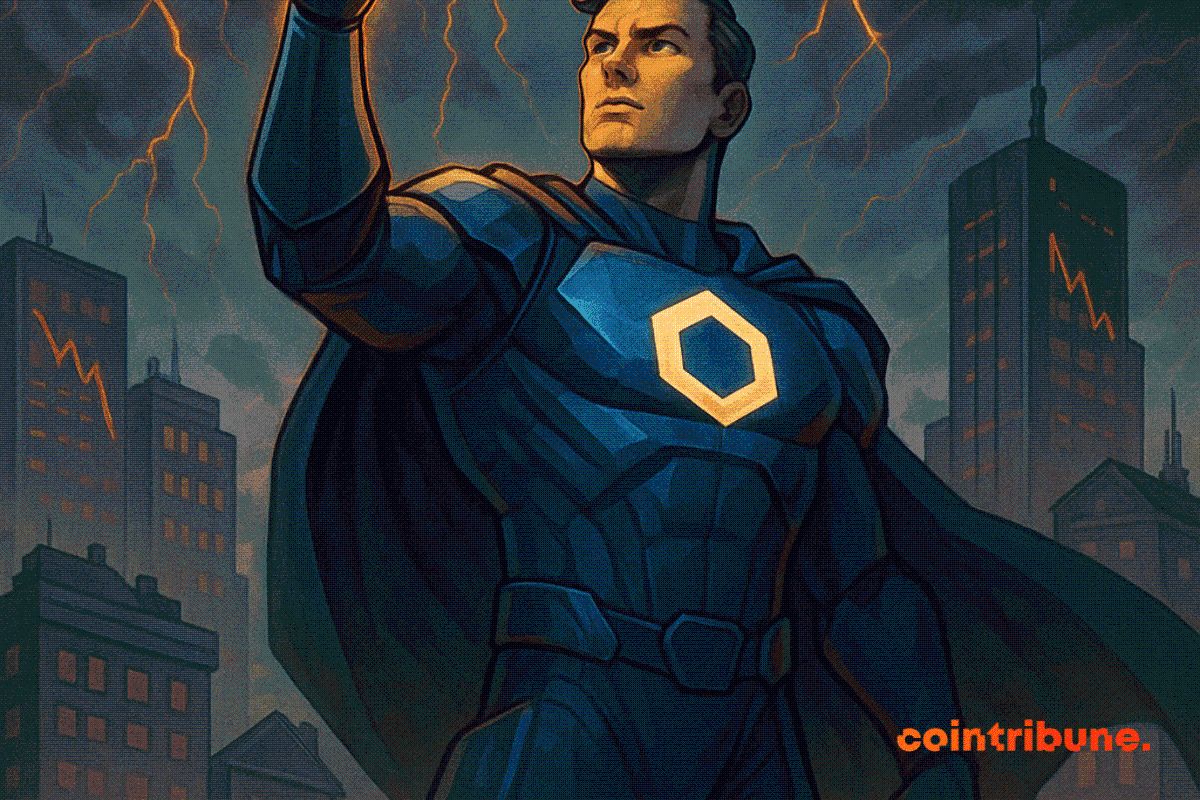El Salvador’s Bitcoin Experiment: Lessons for Geopolitical Strategy and Investment
- El Salvador adopted Bitcoin as legal tender in 2021 to reduce remittance costs and boost financial inclusion, but faced low public trust and infrastructure gaps. - By 2024, Bitcoin transactions fell to <1% of remittances, prompting a shift to voluntary use while retaining 6,000+ BTC as a strategic reserve asset. - The experiment highlights Bitcoin's dual role as a geopolitical hedge against inflation and a cautionary tale of overreliance on unproven tech for systemic economic change. - Investors now view
El Salvador’s 2021 adoption of Bitcoin as legal tender was hailed as a bold step toward financial inclusion and economic modernization. The government’s vision was twofold: reduce the high costs of remittances (which account for over 20% of GDP) and provide unbanked citizens with access to a decentralized financial system [1]. However, the experiment has revealed complex geopolitical and investment implications, offering critical lessons for nations and investors navigating the intersection of cryptocurrency and public policy.
The Initial Hurdles of Adoption
Despite aggressive measures—such as distributing digital wallets and subsidizing Bitcoin transactions—the initiative struggled to gain traction. Over 70% of Salvadorans remained unbanked, and trust in Bitcoin was low, with many viewing it as a volatile and unproven asset [2]. Remittance flows via Bitcoin plummeted to less than 1% of total inflows by late 2024, undermining the government’s primary economic rationale [3]. This failure highlighted a critical disconnect: technological innovation alone cannot overcome deep-seated structural issues like poverty, infrastructure gaps, and public skepticism.
A Strategic Pivot: From Legal Tender to Reserve Asset
In response to criticism from the IMF and domestic backlash, El Salvador scaled back Bitcoin’s legal tender status in 2024, restricting its use to voluntary private transactions [4]. Yet, the government has continued to accumulate Bitcoin as a strategic reserve asset, holding between 6,102 and 6,268 BTC (worth $550 million to $770 million) as of Q3 2025 [3]. This shift reflects a broader global trend: nations increasingly viewing Bitcoin as a hedge against inflation and geopolitical instability, even if its role in everyday transactions remains limited.
Geopolitical and Investment Implications
El Salvador’s experience underscores the dual-edged nature of Bitcoin as a geopolitical tool. While the country’s early adoption initially drew global attention, the subsequent retreat has prompted a reevaluation of cryptocurrency’s role in national economies. For investors, the key takeaway is that Bitcoin’s value as a reserve asset is growing, particularly in regions with unstable fiat currencies or political uncertainty. However, the risks remain significant, including regulatory volatility and the potential for capital losses in a bear market.
The Path Forward for Financial Inclusion
The failure of Bitcoin to drive financial inclusion in El Salvador does not invalidate the broader goal of expanding access to financial services. Instead, it highlights the need for complementary strategies, such as improving traditional banking infrastructure and addressing systemic barriers like literacy and internet access. For investors, this suggests opportunities in hybrid models that combine digital and traditional financial tools, rather than relying on a single technology.
In the long term, El Salvador’s Bitcoin experiment serves as both a cautionary tale and a case study in adaptability. While the initial vision fell short, the country’s pivot to using Bitcoin as a reserve asset aligns with emerging trends in global finance. For policymakers and investors alike, the lesson is clear: technological adoption must be paired with pragmatic, context-specific strategies to achieve meaningful impact.
Source:
[1] El Salvador's Bitcoin Gamble: Lessons For A Digitally Financial Future
[2] El Salvador: Selected Issues
[3] El Salvador's Bitcoin Adoption and the Implications for Institutional Exposure
[4] In El Salvador, Bitcoin's Retreat Left Valuable Lessons
Disclaimer: The content of this article solely reflects the author's opinion and does not represent the platform in any capacity. This article is not intended to serve as a reference for making investment decisions.
You may also like
Bitcoin hits 6-month low as AI fears add to risk-off mood: How are pro traders positioned?

Kiyosaki Predicts Massive Money Printing

ETF Canary Launch Has Little Impact On XRP

Chainlink Dominates RWA With Technical Strength
